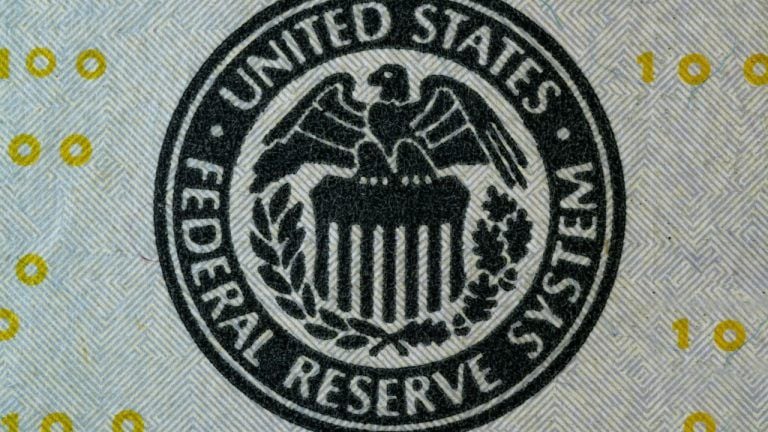
Fidelity’s New 401(k) Product Lets Workers Add Up to 20% in Bitcoin to Their Retirement Plans

The multinational financial services corporation based in Boston, Fidelity Investments, has revealed the firm is allowing people to add bitcoin into their 401(k) plan as long as the employer allows it. According to Fidelity’s head of workplace retirement offerings, the company has seen “growing interest from plan sponsors” that wanted to add bitcoin to retirement plans.
Fidelity Is Giving Workers the Ability to Add Bitcoin to Their 401(k) Plan
Fidelity Investments, the largest 401(k) plan provider in the United States, is now allowing people to add bitcoin to their retirement accounts. According to a report from the New York Times (NYT), Fidelity’s head of workplace retirement offerings Dave Gray explained that the company was noticing demand for adding digital assets to the firm’s 401(k) plans.
“We started to hear a growing interest from plan sponsors, organically, as to how could Bitcoin or how could digital assets be offered in a retirement plan,” Gray remarked. The financial services company also noted that the digital assets account will be broadly available by the second half of 2022.
The digital assets account will be managed like a traditional mutual fund and employees can designate a percentage of bitcoin to their workplace retirement offerings. According to the NYT report, the percentage will be limited and the retirement account’s fee will be between 0.75% to 0.90% of the plan owner’s percentage of assets.
For now, Fidelity will only allow an investment of 20%, but said the allocation percentage could change in the future. Of course, employers also have to approve the plan and allow employees to save part of their 401(k) in bitcoin, and employers will determine the percentage threshold. According to the Boston-based financial institution, the business intelligence firm Microstrategy has already signed up for Fidelity’s bitcoin-infused 401(k) offering.
What do you think about Fidelity allowing people to add bitcoin to their 401(k) retirement plans? Let us know what you think about this subject in the comments section below.
Go to Source
Author: Jamie Redman









